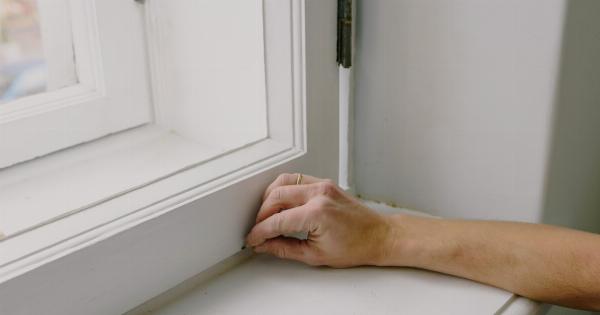Snoring is a common problem that affects many people worldwide. It can be caused by a variety of factors, such as obesity, alcohol consumption, smoking, and sleep position. The good news is that there are many effective ways to stop snoring.
In this article, we will discuss expert tips on how to stop snoring.
1. Change Your Sleep Position
One of the easiest ways to stop snoring is to change your sleep position. Sleeping on your back can cause the tongue and soft tissue to relax and block the airway, causing snoring. Try sleeping on your side to keep the airway open and reduce snoring.
You can use a body pillow to help you maintain the position throughout the night.
2. Lose Weight
Obesity is a common cause of snoring. Excess weight can cause fat to accumulate around the throat, narrowing the airway and causing snoring. Losing weight can help reduce snoring and improve your overall health.
Talk to your doctor or a registered dietitian to develop a weight-loss plan that works for you.
3. Avoid Alcohol and Sedatives
Alcohol and sedatives can cause the muscles in the throat to relax, leading to snoring. Avoid consuming alcohol or taking sedatives before bedtime to reduce snoring.
If you need medication to help you sleep, talk to your doctor about alternatives that do not cause snoring.
4. Stay Hydrated
Dehydration can make the secretions in your nose and soft palate stickier, leading to snoring. Make sure to stay hydrated throughout the day by drinking plenty of water and other fluids.
Avoid drinking too much before bedtime to prevent frequent trips to the bathroom.
5. Treat Nasal Congestion
Nasal congestion can make it difficult to breathe through your nose, forcing you to breathe through your mouth and causing snoring. Treat nasal congestion with over-the-counter nasal sprays, saline rinses, or decongestants.
If you have chronic nasal congestion, talk to your doctor about other treatment options.
6. Practice Good Sleep Hygiene
Good sleep hygiene can help reduce snoring. Make sure to establish a regular sleep schedule and stick to it, even on weekends. Keep your bedroom cool, quiet, and dark to promote restful sleep.
Avoid using electronics or watching TV before bedtime, as the blue light can interfere with your sleep.
7. Use a Humidifier
Dry air can cause the tissues in the throat and nose to become dry and irritated, leading to snoring. Use a humidifier to add moisture to the air and reduce snoring. Make sure to clean the humidifier regularly to prevent the growth of bacteria and mold.
8. Try Anti-Snoring Products
There are many anti-snoring products available that can help reduce snoring. Some of the most popular products include nasal strips, mouthpieces, and chin straps.
These products work by keeping the airway open and preventing the tongue and soft tissue from blocking the airway.
9. Consider Surgery
If snoring is severe and other treatments have failed, surgery may be an option. Surgery can help remove excess tissue in the throat or repair abnormalities in the nose that contribute to snoring.
Talk to your doctor about whether surgery is right for you.
10. Consult a Doctor
If snoring persists despite trying these tips, it’s important to consult a doctor. A doctor can perform a physical exam and recommend further testing, such as a sleep study, to determine the cause of snoring.
Based on the results, the doctor can recommend appropriate treatment options.





























